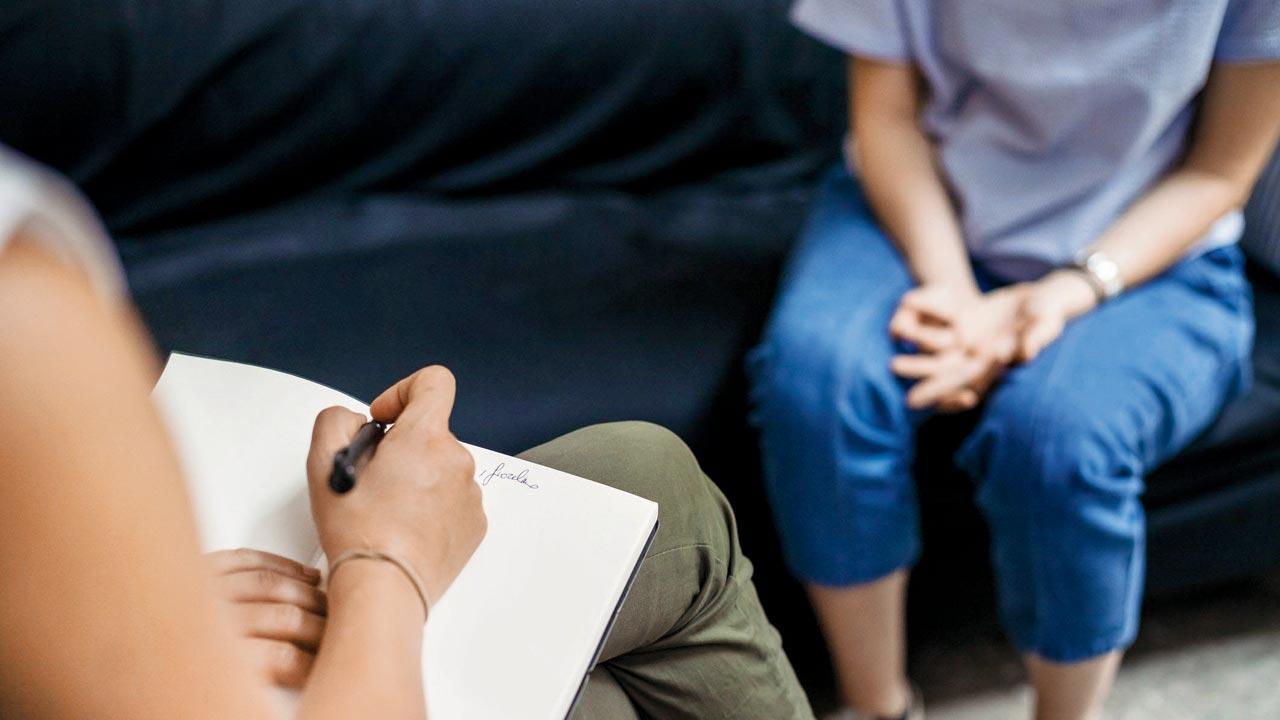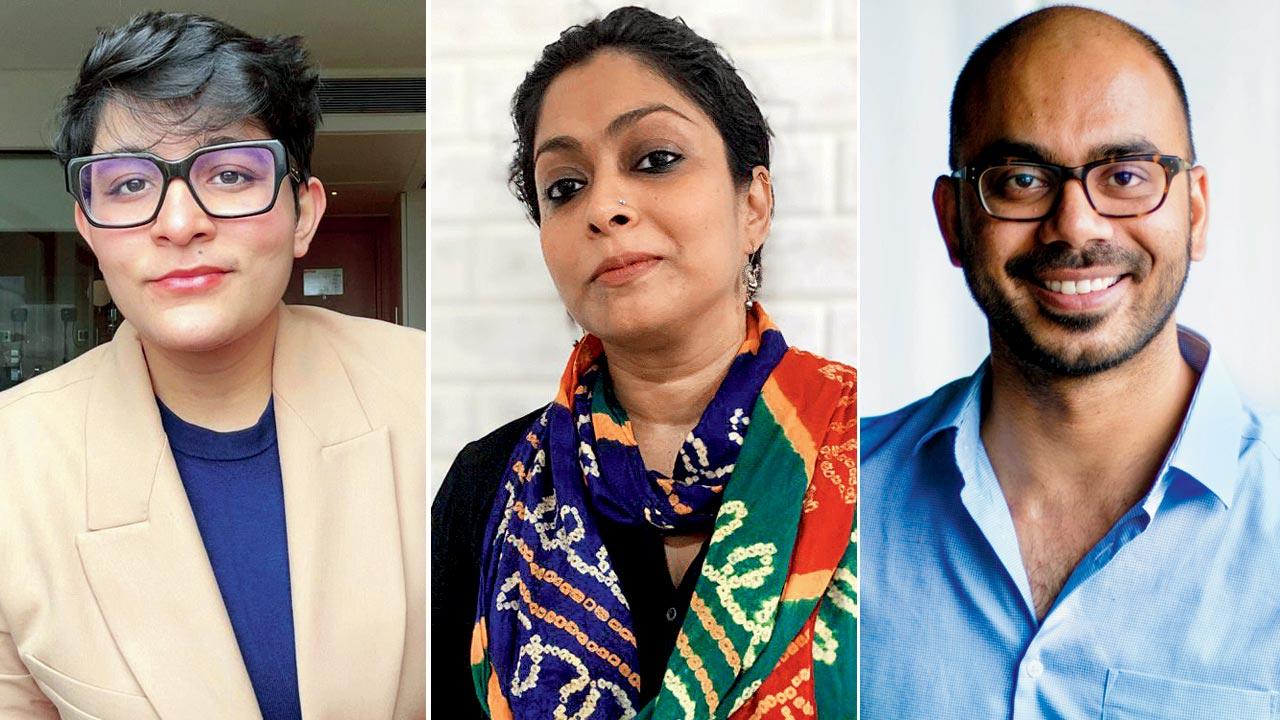Therapy is a space meant to be free of bias and judgement, but LGBTQiA+ persons struggle to find it. mid-day digs up this problem, and offers fixes

Queer people face additional difficulties in finding suitable mental healthcare
I first went to therapy when I was at the lowest point in my life, and feeling suicidal,” says TEDx speaker and diversity leader Ankita Mehra, “but my therapist made me feel even worse, like there was no hope.”
Mehra, who was based in Nagpur at the time, decided to try therapy in her late teens, seeking out a trusted professional to confide in. “I came out to [my therapist] before my parents even knew about my identity, because I thought therapy was meant to be a completely judgement-free zone. However, when I opened up to him, he told me it wasn’t natural and that I should try with a boy. I felt he was pushing for conversion therapy.” Mehra’s horrific experience is one of many that reveal the startling inadequacies in psychological care for LGBTQiA+ individuals in India.
The diversity leader adds, “I’ve even seen a screenshot from the Practo app, in which a doctor advertised conversion therapy. The man had posted that he could ‘fix’ someone who is gay.” Practo is an app where users can arrange online consultations with medical professionals, and has a huge number of users from all across the country. “Any random user in search of a therapist on this app could come across ads like this, which is incredibly dangerous.”
 Ankita Mehra, Pooja Nair and Ankur Paliwal
Ankita Mehra, Pooja Nair and Ankur Paliwal
An alternative approach is queer-affirmative mental healthcare (QAMHC). Psychiatrist Dr Jithin T. Joseph recently published an article in the Journal of Psychosocial Health entitled Queer Affirmative Approach in Mental Health: A Need of the Hour in Indian Mental Healthcare, with guidelines for professionals. Dr Joseph says practitioners must, “recognise historical wrongdoings towards queer people.”
He explains that in the past, “mental health professionals would try to change a person’s sexual orientation or gender identity using conversion therapies. However, conversion therapies don’t have any scientific rationale and cause more harm to queer individuals.”
Ankur Paliwal, the founder and editor of a collaborative journalism project, Queerbeat, emphasises the importance of understanding that being queer is not a mental illness. He says, “We should be careful not to pathologise queer identities. Queer people are surrounded by hostility. It’s the society that is the problem, not our identities.”
Paliwal’s own experience highlights how government mental health services, in particular, need to drastically improve their treatment of queer individuals. “I went to a senior psychologist in Delhi, in a renowned government hospital. The psychologist didn’t know the appropriate terminology to refer to queer people, and kept using ‘othering’ language: repeatedly referring to us as ‘these people.’ At one point, she even said the hospital could ‘make me straight.’”
He adds, “As a journalist, I have seen evidence that doctors often misgender trans people. There is a lack of training, and more crucially, a lack of genuine empathy for the LGBTQiA+ community.” Referencing an article he commissioned for Queerbeat, he says, “the reporter travelled to government hospitals. Some psychologists didn’t even know the difference between trans and gay identities.”
Raj Mariwala, director of Mariwala Health Initiative, aimed at providing accessible mental health support for marginalised communities, points out that queer and trans people exist in a world where they are the minority, and therefore cope with systems that were not designed with them in mind.
“Queer people experience hostility that should be accounted for, but this approach doesn’t exist in the curricula for professionals,” they add. Mariwala runs a six-day course on queer-affirmative therapy. Pooja Nair, a faculty member for this course adds, “A positive sign is that the number of counsellors who want to equip themselves to be queer-affirmative has increased, but further change is still needed.”
 Subscribe today by clicking the link and stay updated with the latest news!" Click here!
Subscribe today by clicking the link and stay updated with the latest news!" Click here!









